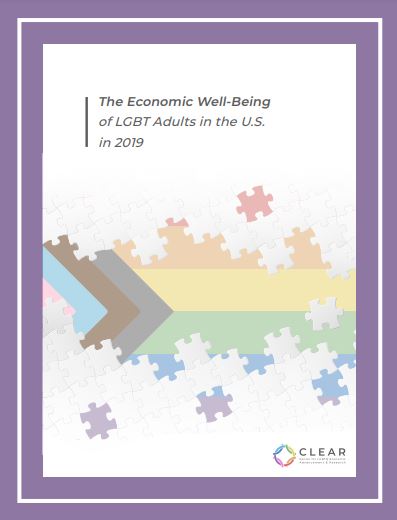Why are LGBTQ+ investors different?
By Matthew Carter & Paul Donovan The obvious question when writing about LGBTQ+ investment is why the LGBTQ+ community would need to invest differently from the cis-gendered heterosexual community? The answer is that full legal and social equality does not exist anywhere in the world. When different groups face different social or legal environments, they need to invest differently to deal with the challenges that they face. While the main concerns of investors are the same, regardless of gender or sexual...










